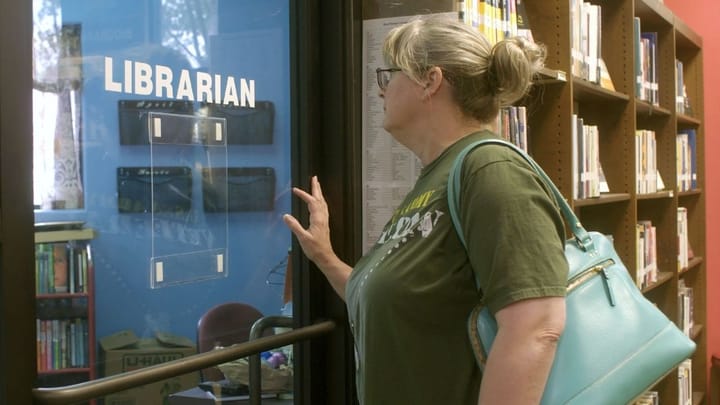After Lawsuit, In-State Tuition For Texas Dreamers Ends
District Court Judge Reed O’Connor determined that the Texas law is unconstitutional, and Texas agreed to a consent judgment

On Wednesday, U.S. Attorney General Pam Bondi announced that the Trump administration had filed a lawsuit against the Texas Dream Act, which extends in-state tuition to undocumented young Texans. The lawsuit was filed in Wichita Falls, which meant it would be heard by District Court Judge Reed O’Connor, who is active in the Federalist Society and previously ruled that the Affordable Care Act was unconstitutional.
O’Connor determined that the Texas law is unconstitutional, and Texas agreed to a consent judgment, which means they will not attempt a legal challenge to the ruling. Texas Attorney General Ken Paxton, who is challenging John Cornyn in the U.S. Senate, called the ruling a “major victory for Texas” in a press release.
The Texas Dream Act was passed in 2001 and signed into law by then Governor Rick Perry. It is the oldest enshrined Dream Act in the nation. This legislative session there was an attempt to repeal the law filed in both the Senate and House. The bill in the House died in committee.
The Presidents’ Alliance on Higher Education, a collection of college and university leaders, as well as the immigration rights organization TheDream.US released a joint statement denouncing the lawsuit.
“Since it was signed into law by Republican Governor Rick Perry in 2001, the Texas Dream Act in-state tuition policy has provided higher education opportunities, economic mobility, and hope to thousands of Texas Dreamers,” said TheDream.US President and CEO Gaby Pacheco. “And as our statistics and stories of Texas TheDream.US Scholars make clear, expanding opportunities for Dreamers has strengthened all of Texas in the process.”
Two years ago the American Immigration Council released a fact sheet showing how much Texas would be negatively impacted by losing the Dream Act. The losses would total over $460 million a year.
There are currently about 20,000 students attending Texas colleges that will be impacted by today’s ruling and judgment from the state.



Comments ()